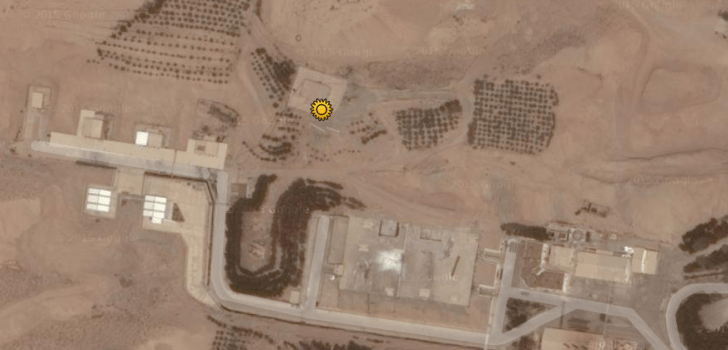It’s long been acknowledged that being overweight makes women more likely to develop cancer of the breast, but the explanations as to why have previously been unclear.
Now scientists have established that tissue around breast cells is “stiffer” in overweight women and mice, and that this thick tissue in rodents triggers the development of cancerous cells.
The research suggests losing weight may restructure fat tissue and reduce the possibility of getting cancer. Conversely, the emergent practice of utilizing fat from severely overweight women for reconstructive operation of their breast may come with a threat that had been ignored until now.
Obesity is generally associated with cancer, but the connection with cancer of the breast is particularly striking: In one new large study, the most obese women faced 58 percent more cancer risk than those with normal weight.
One theory is that fat tissue secretes estrogen that can spur the growth of breast cancer cells at menopause, when the reproductive organs stop producing estrogen. However, the technicalities of the scaffolding around breast cells, may also factor.
New rodent studies have established that a stiffer extracellular matrix spurs the creation of proteins that encourage the growth of precancerous cells. This may help illustrate why women with heavy breasts are also at high risk for cancer of the breast. Other studies have indicated that when people become overweight, their fat tissue tends to create stringy, scar-like lumps of tissue.
Reporting in the journal Science Translational Medicine, the scientists established comparable structural dissimilarities in the fat tissue from the breasts of lean and overweight ladies.
The outcomes imply that the lumps of firmer extracellular matrix in obese women’s breasts add to tumor enlargement as well as to more destructive cancers.
The researchers comment that “people always think it’s all about soluble factors, chemicals. It’s also about this interplay with physical parameters.”
The news wasn’t absolutely bad: When the research team put overweight mice on a diet, their breast fat tissue contained fewer myofibroblasts, suggestive of the idea that cutting down on weight could make a woman’s breast tissue formation more normal and reduce her breast cancer threat.
In addition, the research raises the idea of using a woman’s own fat from somewhere else in her body to repair breasts after a breast surgery. Fat tissue from overweight women may raise the threat of a tumor recurring.
Biochemist Valerie Weaver of the University of California, San Francisco, who pioneered earlier studies connecting tissue firmness and breast cancer development, calls the study “very important” because it establishes a new mechanism connecting breast cancer with obesity.
Mammograms often cannot sense dense tissue in overweight women as it is concealed by fat cells, the research says. The tiny, local areas of firm tissue found in the novel research are primarily likely to be missed.
Stay Connected